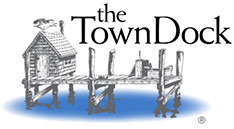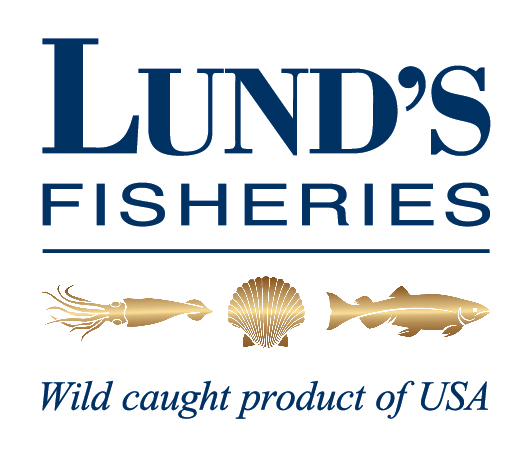May 24, 2018 — SEAFOOD NEWS — The series of hearings started on Tuesday in Narragansett, RI and will continue in Rockport, ME tonight. If Tuesday’s meeting is any indication, the New England Fisheries Management Council can expect more industry opposition to changes in the Atlantic herring fishery management plan tonight in Rockport.
The issue is about using “acceptable biological catch” or ABC, for setting the sustainable catch limit for herring, a standard used in most other management plans around the country. But using ABC in the control rule, which is set every three years, would limit flexibility compared to how the fishery has been managed in the past, reported Rhode Island Public radio’s (RINPR) Avory Brookins.
“We are going to need the flexibility in setting the (acceptable biological catch) over the coming years as we are expecting a decrease in quota due to poor recruitment in the fishery (recruitment is how many young fish are entering the population each year),” Katie Almeida, fishery policy analyst for the Town Dock, wrote.
Almeida said flexibility is important because recruitment is environmentally driven, the report said.
Another council concern is local depletion of herring stocks with other proposed restrictions.
RINPR quotes the Sustainable Fisheries Coalition, a group made up of commercial fishing companies that participate in the Atlantic herring fishery, as pointing out that “there is currently no evidence that the existing rules are causing localized depletion, or are harming the herring population in any way.”
The changes are part of Amendment 8 to the Atlantic Herring Fishery Management Plan. The Council’s hearings are to solicit comments on two of the major components in the amendment. They include:
(Part 1) 10 alternatives to establish a long-term acceptable biological catch (ABC) control rule that “may explicitly account for herring’s role in the ecosystem” plus “address the biological and ecological requirements of the stock;” and
(Part 2) nine primary alternatives to address potential localized depletion and user conflicts, with several spatial and seasonal sub-options designed to help minimizing biological and socioeconomic impacts.
After tonight’s hearing in Rockport, the Council will meet stakeholders in Gloucester on Wednesday, May 30, Philadelphia on Tuesday, June 5 (immediately following the close of business at the Mid-Atlantic Fishery Management Council meeting), Portland, ME on June 12, (immediately following the close of business at the New England Fishery Management Council meeting), Chatham, MA on June 19, and a webinar on June 20.
For more information on Amendment 8 and the public hearings, see the NEFMC website here.
This story was originally published by Seafood News, it is republished here with permission.


